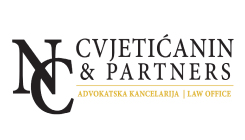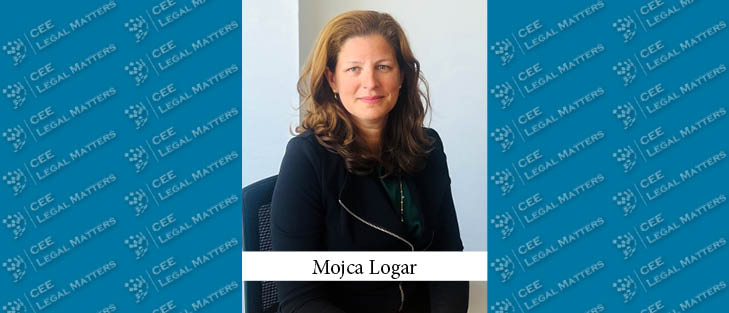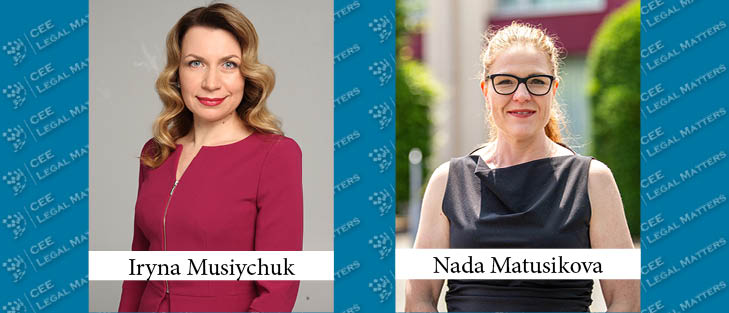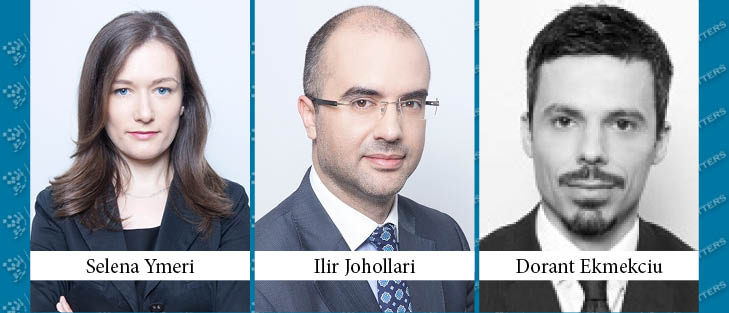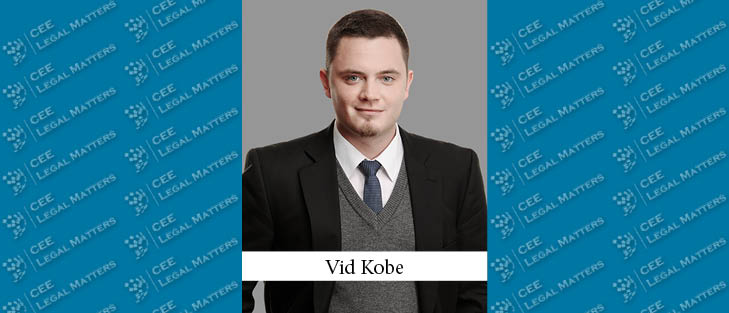The Slovak Competition Act (No. 136/2001 Coll. as amended) has been the cornerstone of Slovak competition law for almost two decades and has seen its share of major amendments. The Slovak Competition Authority has now decided to table a new Competition Act and has submitted a draft for preliminary consultation. The draft transposes the ECN+ Directive (Directive (EU) 2019/1) and addresses a number of competition law issues that have been debated for years in Slovakia.
If approved, the new Act will introduce several significant changes, the most important of which are summarized in this article.
EU-Aligned Definition of Undertaking
The current definition of “undertaking” is derived from the legal personality of a company. The new Act aligns the definition with EU case law and may thus treat a group of companies as a single undertaking. In practice, this means that fines can be calculated based on the global turnover of the entire group, and they can be imposed on a number of affiliated entities that would be jointly and severally liable.
Moreover, the new Competition Act introduces the responsibility of economic successors for competition law infringements. This is also in line with EU case law and it will underscore the need of thorough competition due diligence in corporate transactions.
No Clearance Requirement for Foreign Joint Venturaes
Under the current Competition Act, joint ventures have to be cleared in Slovakia even if only one of the parents has relevant domestic turnover and even if the joint venture will not have any impact on the local market. This will change under the new Competition Act, as the specific notification threshold for joint ventures will be repealed and purely foreign joint ventures are thus less likely to be caught.
This change will significantly reduce the administrative burden of transactions that are very unlikely to give rise to any competition concerns in Slovakia.
New Notification Threshold
The new Competition Act introduces a new de facto notification threshold. Even if a transaction falls below the existing turnover thresholds, the parties will have to request an opinion of the Competition Authority if the domestic turnover of the two parties is at least EUR 4 million and the horizontally or vertically overlapping market share would be at least 40%. The Competition Authority will decide whether the concentration needs to be formally cleared.
In practice, this means that a significant number of transactions that previously were safely outside the notification requirement will now have to be examined and will require an analysis of relevant markets and the parties’ respective share of those markets. This will increase the administrative burden in relation to numerous transactions.
Institutional Changes
The new Competition Act introduces a number of institutional changes to the Competition Authority. Most importantly, it introduces a transparent procedure for selecting the Chairman and the Vice-Chairmen of the Competition Authority. It also introduces a cooling-off period that would prevent former Chairmen and Vice-Chairmen from acting in competition matters for one year after they leave office.
The draft also clarifies and widens some powers of the Competition Authority. Most importantly, the Competition Authority will have the power to order interim measures as well as behavioral and structural measures.
Extended Limitation Period
Last but not least, the draft Competition Act extends the existing limitation period for competition law infringements from eight years to ten years. Again, this reinforces the need for thorough due diligence before corporate acquisitions.
* * *
Overall, the draft new Competition Act is a comprehensive and well-drafted piece of legislation. It demonstrates that the Slovak Competition Authority intends to make use of the window of opportunity created by the transposition of the ECN+ Directive to remedy a number of shortcomings that have come to light over the years. For instance, the draft puts an end to the argument that the review of documents seized during a dawn raid is still part of the raid and thus illegal if conducted after the expiry of the authorization. At the same time, if the law is passed, some provisions will give rise to new administrative costs, in particular in relation to smaller mergers and acquisitions that have historically been safely below the notification thresholds and will now have to be analyzed in more detail.
It remains to be seen how the draft will progress through the legislative process and which parts of it will eventually become law. The draft is intended to come into force on February 1, 2021. The timeframe for transposition of the ECN+ Directive is set until February 4, 2021.
By Juraj Gyarfas, Partner, Dentons
This Article was originally published in Issue 7.8 of the CEE Legal Matters Magazine. If you would like to receive a hard copy of the magazine, you can subscribe here.



